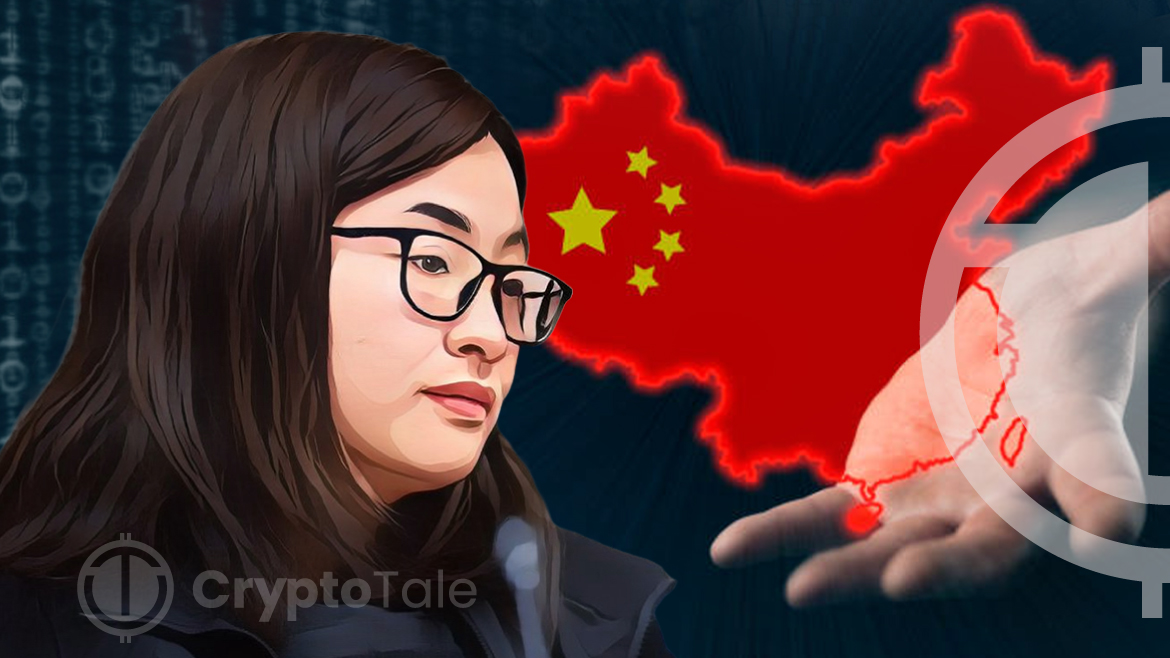- Philippine authorities crack down on Chinese-linked crypto fraud syndicates.
- Ex-mayor Alice Guo is tied to crypto scams, human trafficking, & money laundering.
- Southeast Asia sees $37 billion rise in crypto fraud, UNODC reports growing concerns.
Philippine authorities are cracking down on an expansive network of cryptocurrency fraud linked to Chinese crime syndicates. The scam network spans Hong Kong, Cambodia and Singapore. It allegedly entered the Philippines through ex-mayor Alice Guo’s business ties. Guo, who is now in custody, has worked with fugitives involved in major crypto scams and money laundering.
Crypto Scams Uncovered
Guo’s associates- Huang Zhiyang and Dingkai Wang- are also accused of running crypto scams. They tricked victims through dating sites and online platforms. Many people were deceived into sending money thinking they were investing in cryptocurrency. In one recent Senate hearing, Guo attempted to distance herself from Huang, claiming, “He has many restaurants, I was selling him pork…he was kind.” This was despite Huang being heavily involved in transnational scam operations, which were uncovered during multiple raids.
The scale of the scam operations is massive. The Sun Valley Clark Hub in Pampanga, Philippines, where trafficked workers carried out scripted scams, is just one part of the network. Workers pretended to be investors or lovers to manipulate targets into sending cryptocurrency. The facility was raided in early 2023 to uncover hundreds of trafficked victims forced to carry out these fraudulent acts. Some workers were so tightly controlled they had to follow Excel-based scripts for conversations.
Guo’s partners aren’t small-time operators. Huang and his group also face money laundering charges in Singapore, using gambling profits to fund their scams. The UN has linked their operations to trafficking and torture in Cambodia. In parallel to it the UK authorities have sanctioned their activities for concealing evidence of human rights abuses.
Southeast Asia’s Fraud Surge
These crimes reveal a larger pattern seen in Southeast Asia. A UNODC report has discussed a disturbing rise in crypto fraud with estimated financial losses of up to $37 billion across the region. Criminals took advantage of weak rules especially in online gambling and digital currencies. They used these gaps to move illegal money through legal financial systems. This problem is not limited to the Philippines. In Cambodia, operations linked to Guo’s partners have forced trafficked workers to commit fraud.
Reportedly, scam operators flocked to the Philippines during Rodrigo Duterte’s presidency. Authorities are now cracking down on the use of Philippine Offshore Gaming Operators (POGOs) as fronts for illegal activities.
Indian Supreme Court YouTube Channel Hacked for XRP ScamThe exposure of Guo and Dong’s networks may lead to further revelations. Senator Risa Hontiveros, who leads the inquiry into illegal POGOs emphasized, “I hope that we can also identify the Filipino associates of Lyu Dong.”
Reportedly China has also ramped up its efforts to combat crypto-related crime. Recently, the country extradited Zhang Moumou — the leader of a $14 billion crypto pyramid scheme. Although China banned cryptocurrency trading in 2021 due to rampant fraud, criminals have continued to operate internationally, particularly in countries like the Philippines, where regulations are looser.






